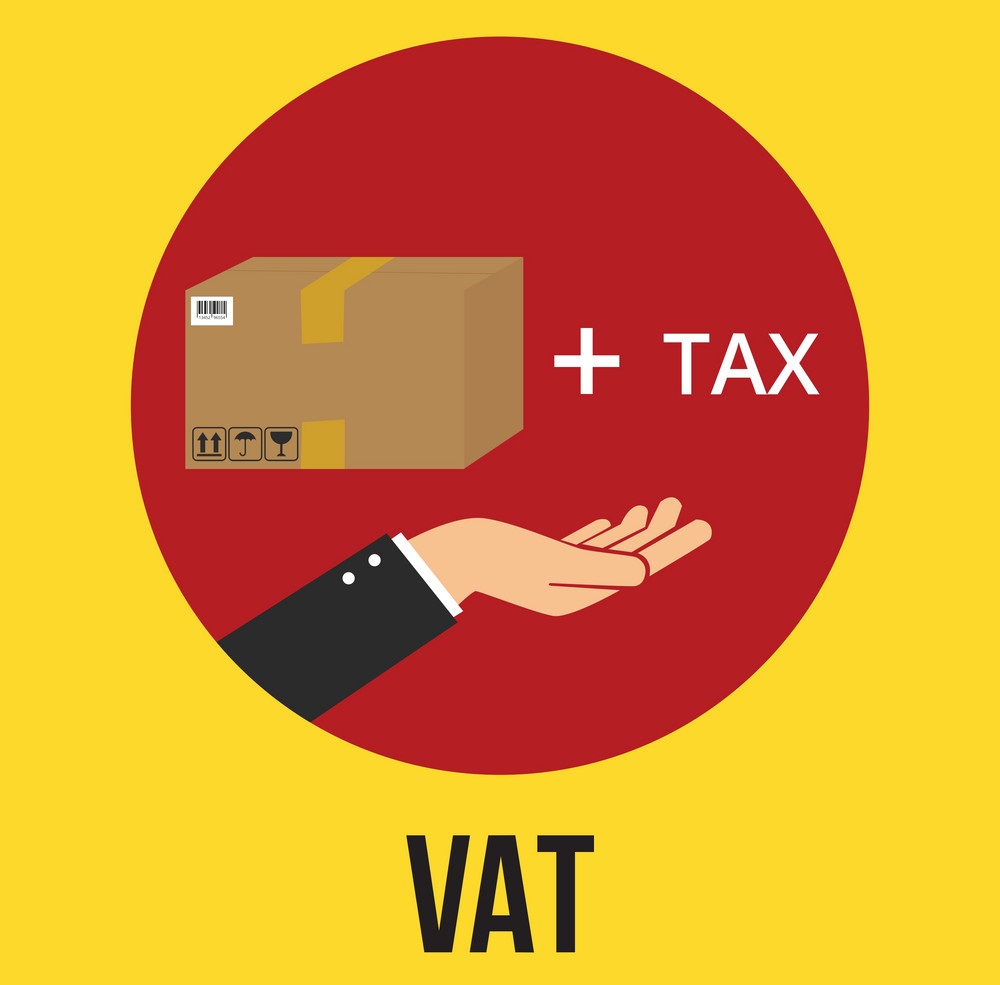Dealing with Income Tax Cases involves reviewing the taxpayer’s income details and ensuring accurate tax calculations. Disputes may arise regarding taxable income, deductions, or credits claimed. The tax authority audits the return, requesting documentation for verification. They may issue a notice or demand additional tax if discrepancies are found. Taxpayers can appeal or resolve disputes through hearings or legal action. Settlement often includes payment of taxes, penalties, or interest.

Dealing with Income Tax Cases involves resolving disputes or issues with tax authorities related to tax filings. Here’s a summary of the process:
- Audit/Notice Response: Respond to notices or audits from the tax authority, providing requested documentation and explanations.
- Appeals: If the outcome of an audit is unfavorable, file an appeal to challenge the decision.
- Negotiations: Work with the tax authority to negotiate payment plans, settlements, or penalty abatements for outstanding taxes.
- Tax Court: If necessary, escalate the dispute to the tax court for a formal resolution.
- Resolution: Resolve the issue through compliance, negotiation, or court decision, ensuring tax obligations are met.
Proper handling of income tax cases is crucial for minimizing penalties and resolving disputes efficiently.
